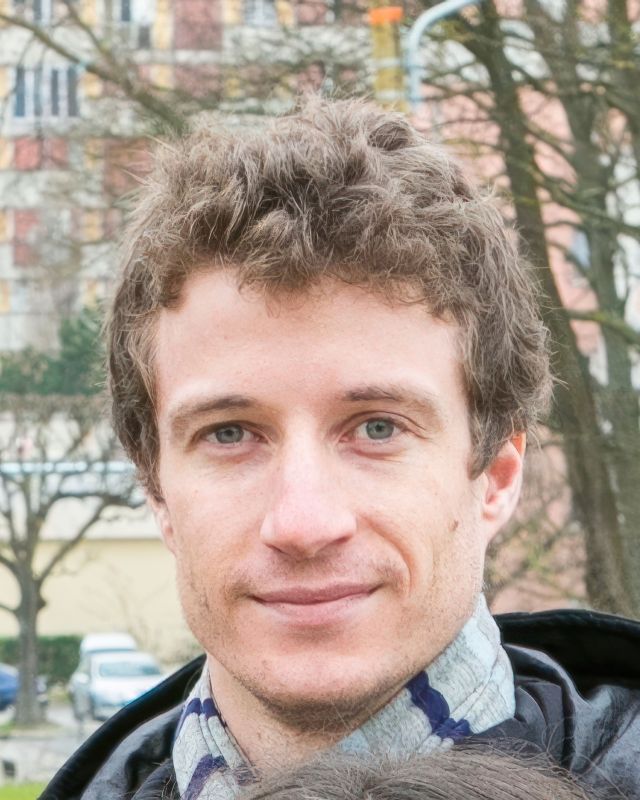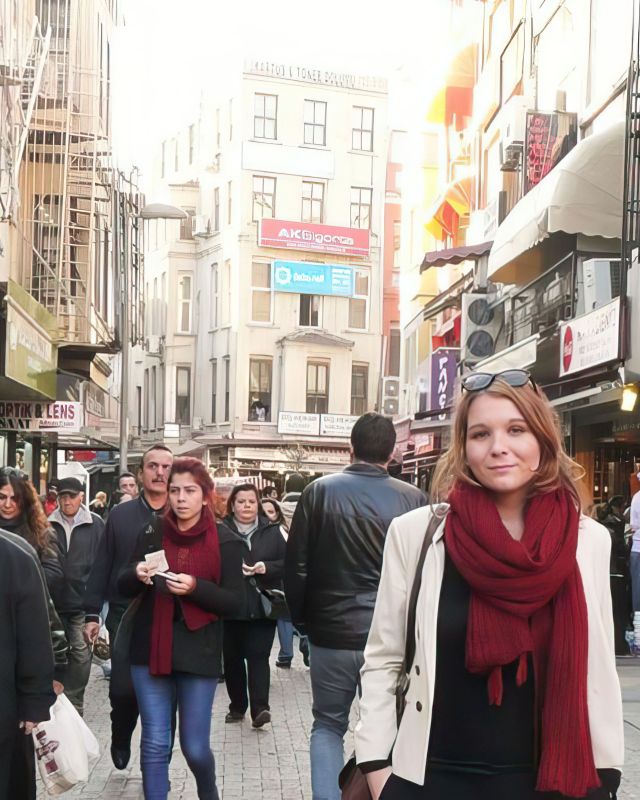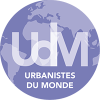Portrait
Jean-Baptiste Delapierre - STU 2011 - in charge of attractiveness and economic forecasting at the "Economic Attractiveness and Employment" department of the City of Paris
Posted on | Alumni Portrait
Portrait by Noémie CONDOMINES - M2 STU
In Situ went in December to meet Jean-Baptiste DELAPIERRE, who graduated from STU in 2011 and is in charge of attractiveness and economic forecasting in the "Economic Attractiveness and Employment" department of the City of Paris.
Arrival at Sciences Po and the masters years
Before entering the STU master's programme, Jean-Baptiste completed two years of literary preparatory courses with a specialisation in history and geography at the prestigious Lycée Chaptal. When he entered the STU, Jean-Baptiste wanted to deepen his knowledge in economic development.
In the first year of his master's degree, he did an internship as a consultant in the Courtabœuf business park study mission. The aim was to think about the integration of the project into the Greater Paris area and to revive a ZAC that had been described as "unliveable". An experience that brings him a great deal of technical expertise, an element that he considers indispensable:
"When you work in economic development, technical skills are expected. So I made the most of the practical workshops and the macro-economics course offered by the Master's programme.
For his end-of-study internship, Jean-Baptiste chose to join the Paris City Hall at the Bureau de l'Innovation et de l'Emploi (BIE), this time exploring the theme of experimentation in the urban environment, which was then flourishing in Paris. The principle: the city makes a public space available to companies, giving the company an area for innovation and increased visibility.
From internship to thesis in applied philosophy
While the other M2 students went on to professional careers, Jean-Baptiste returned to university and began a master's degree in philosophy applied to the evaluation of public policies at Paris-Sorbonne, under the direction of Alain Renault. He wrote a thesis on the limits of citizenship for homeless people. Another way of approaching economic development according to Jean-Baptiste:
"I didn't stray too far from my original topic as I studied the link between poverty and development.
More than a taste for the field, Jean-Baptiste justifies his choice by the need to have a real reflection on public policies:
"I wanted to understand the 'why' of public policy after focusing on the 'how' during my studies. We are also in a period where philosophy is regaining its nobility. It shows that you know how to think a little and that you have writing skills. It's a good complement to my initial training, even if continuing education is still better valued internationally than in France.
A few words for the students and graduates of the Masters in Urban Affairs?
Would he advise to follow the same path?
"It all depends on the sector. Today, everyone has a master's degree. A complementary training allows you to stand out. However, it must also make sense in the course.
Jean-Baptiste has been working for the City of Paris for almost two years. His missions mainly consist of carrying out economic analyses, prospective analyses of economic and strategic attractiveness, monitoring, benchmarks that must be made "digestible" for elected officials. Finally, Jean-Baptiste also works on an ad hoc basis with Paris & Co (Paris' economic development and innovation agency) for representation functions.
Jean-Baptiste's main advice for students at the Urban School is to arm themselves with technical skills, particularly in cartography and Excel: a way of standing out in a small world that is becoming increasingly competitive.
Thibault Hatton - STU 2010 - Contributor to Colours of the Future
Posted on March 25, 2016
From community development to urban social development For this new alumni portrait, I met Thibault Hatton, who works at Couleurs d'avenir, a firm specialisin…
Lauranne Callet - GLM 2014 - responsible for the social inclusion and culture committees at United Cities and Local Governments (UCLG-MEWA)
Posted on January 15, 2016
In Situ leaves this month of January 2016 to meet Lauranne Callet, a 2014 graduate of the Governing the Large Metropolis master's program. She is 24 years old…
 English
English  Français
Français 




